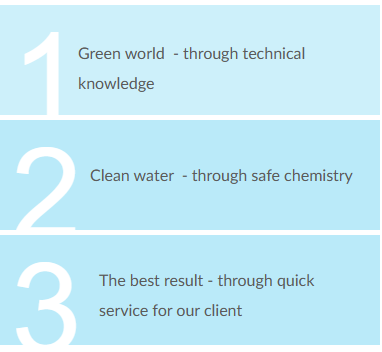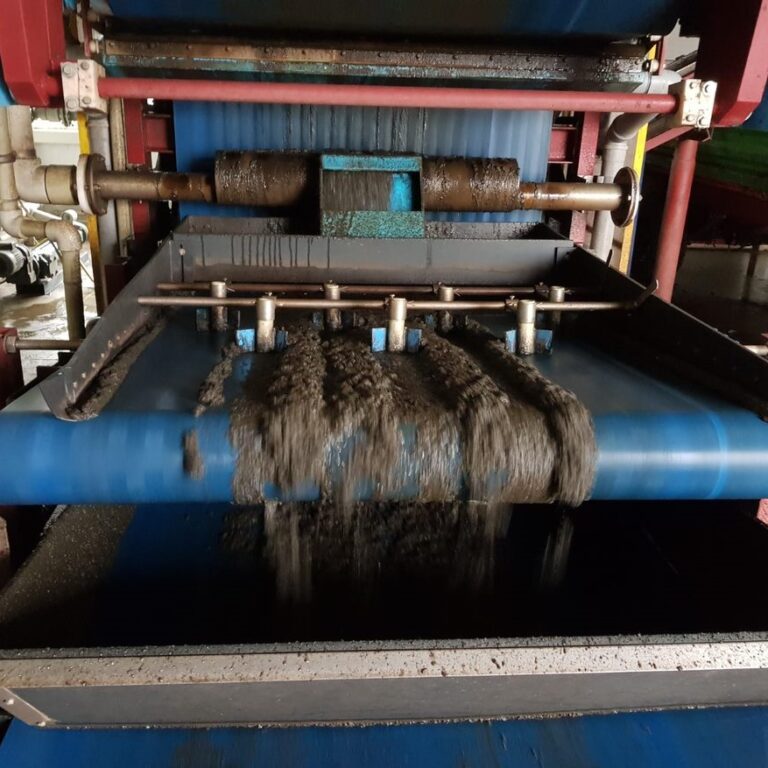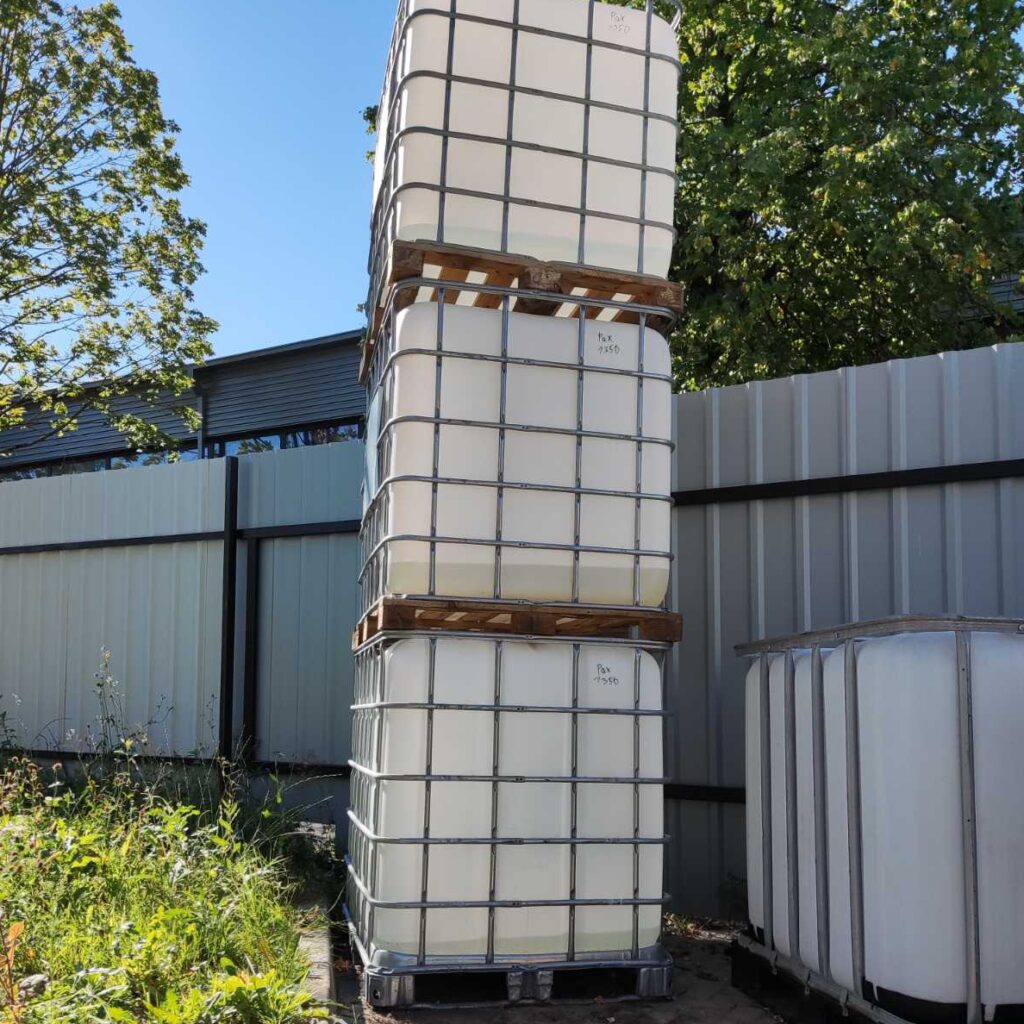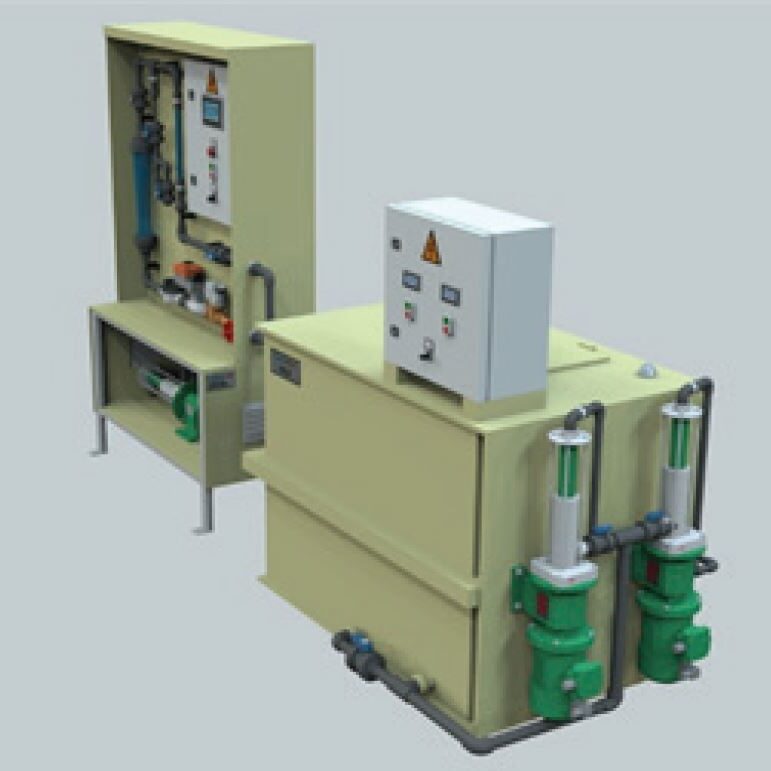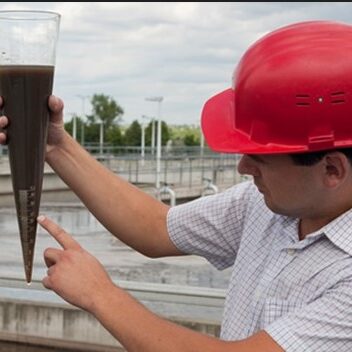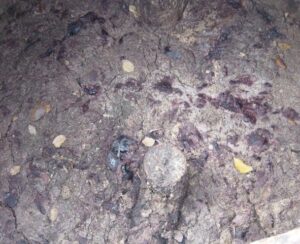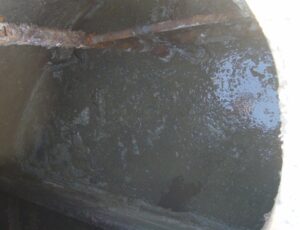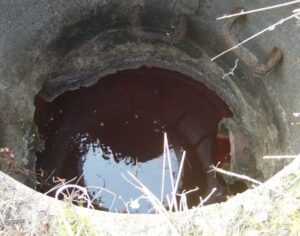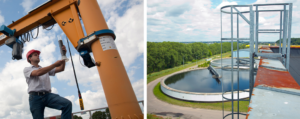
Clean water - through safe chemicals
Waste water treatment solutions and technical knowledge combined with specialty chemicals supply - it is ECOCHEMICALS!
•The main principle of our work is combining expert knowledge together with supplying high quality reagents or biopreparates, which together will ensure the quality and economy of the process.
• We sellect and supply specialty chemicals or bio-products for water and waste water treatment, solid-liquid or liquid-liquid phase separation, dispersion, and scale control.

We offer waste water treatment program for industries:
UNAFLOC range chemicals that we supply:
Please, check the applications čia.
Other water treatment products that we supply:
Our vision
